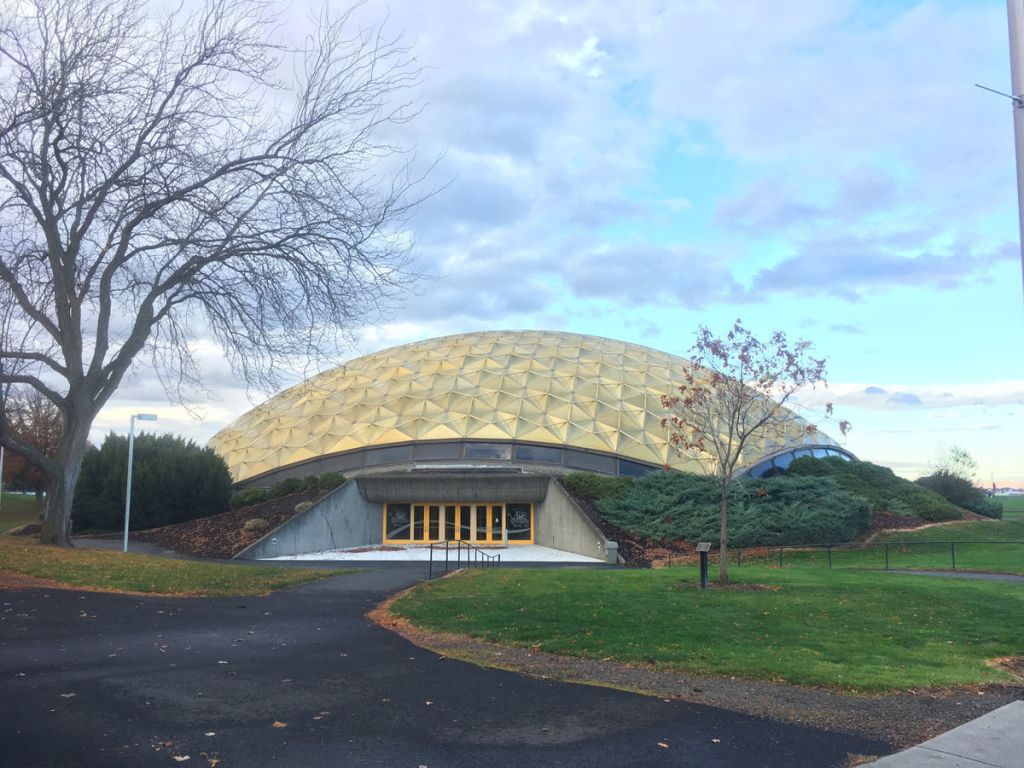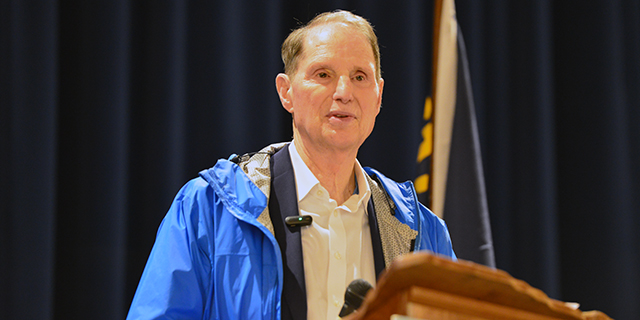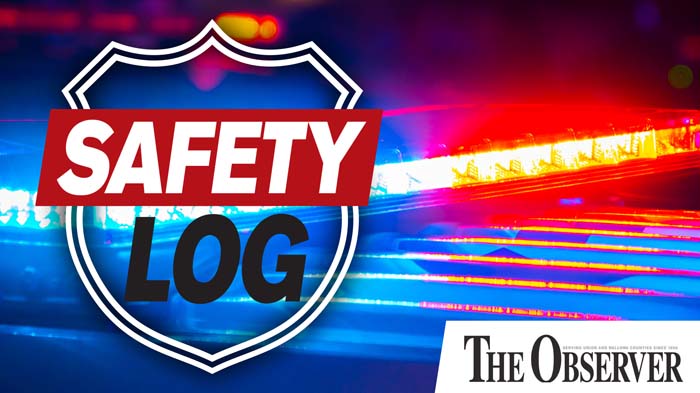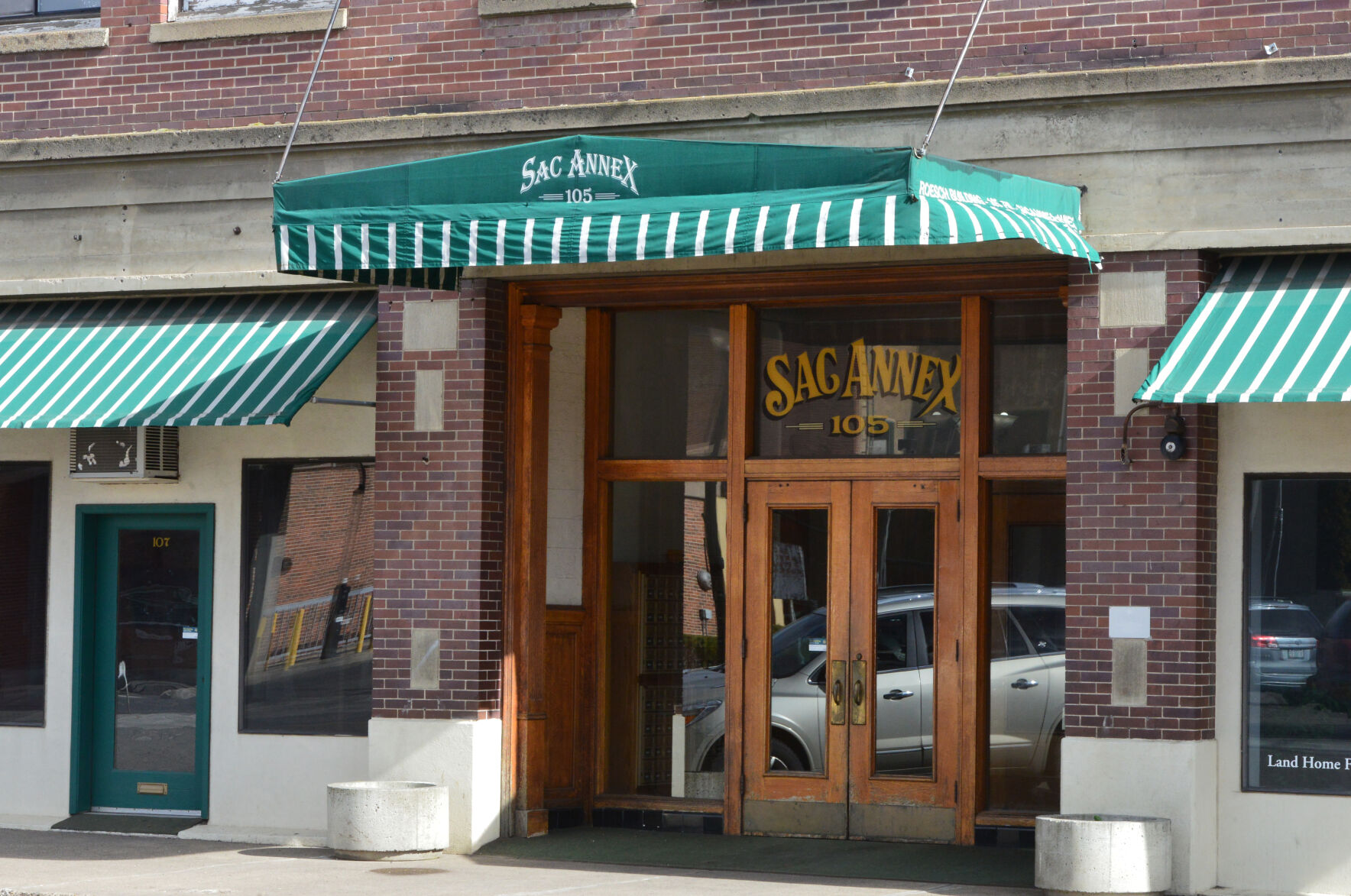Professional salaried workers at Walla Walla Community College look to unionize
Published 12:03 pm Sunday, March 5, 2023

- The Dietrich Dome is an iconic building on Walla Walla Community College's campus. The American Federation of Teachers Washington in 2023 is engaging with officials at WWCC to determine the makeup of a new union for staff members in certain professional exempt positions.
WALLA WALLA, Wash. — Professional salaried employees at Walla Walla Community College want a stronger voice at work.
The American Federation of Teachers Washington recently engaged with the WWCC to determine the makeup of a new union for staff members in certain professional exempt positions.
There are about 50 WWCC employees who could be included in the new collective bargaining unit, said state federation President Karen Strickland.
“The bluntest way (to describe professional exempt employees) would be middle management,” she said. “They are typically — not always, but often — coordinators, managers, directors.”
When it comes to representing people in those roles, securing better working conditions and recognition tend to be at the top of the priority list, Strickland said. That’s been the case at other colleges and universities where similar groups have formed, she said.
“They very often feel like their work lives are just at the whim of other people. They don’t have a say and they don’t get to contribute in a meaningful way,” Strickland said.
Pay is another topic that comes up. Employees in this group generally are paid about 14% less than similarly qualified peers in other states and industries, Strickland said.
“That becomes a big issue, too, but I would say the issue that we hear about more is having a say in what’s going on in their colleges, in their jobs,” she said. “How can they have a more recognized voice?”
Specific bargaining goals have not been set for the yet-to-be-formed group at WWCC, but this description resonated with one longtime employee at the college who is involved in the effort.
The employee, who asked not to be identified out of concern for punitive action, said employees at this level want a hand in decisions. The main goal is to give the group a voice, the employee said.
The professional staff is the only group, besides the executive staff, that doesn’t have a collective voice and working agreement with WWCC.
Hourly workers, also called classified staff, have union representation through the Washington Public Employees Association for higher education. Faculty and other academic employees have union representation through the Walla Walla Community College Association for Higher Education.
The employee said those groups have modeled a cooperative process with the university. Now, the hope is that the new group will be recognized quickly and that cooperation will continue, the employee said.
The process for determining the makeup of a professional exempt staff unit is a lengthy one, but the effort at WWCC is progressing normally, Strickland said.
WWCC President Chad Hickox said the college’s administration is participating in the process and engaging in good-faith conversation with the state federation.
He said information about formal recognition of the unit and any effects to the college’s operation or budget won’t be available until later on in the formation process.
Union composition
Strickland said the college provided a list of employees that are potentially in the unit. From there, both the college and AFT identified who from that list should and should not be in the unit.
“Now we know which ones we agree on and which ones we disagree on, so the next step will be to try to work through the list that we disagree on and come to agreement,” she said.
Strickland said working toward a list all parties agree on is the desired outcome, but if the college and federation cannot agree, a hearing will be scheduled.
Once the composition of the unit is set, a card check or election formalizes the union, Strickland said.
“If you’ve got a majority of cards signed, then it’s a union,” she said. “(If) you go to election, then members vote. If they vote yes, then you’ve got a union. Then you can move into the bargaining phase.”
As for the process at WWCC, the federation and college have not yet met to discuss the disputed positions, Strickland said.





